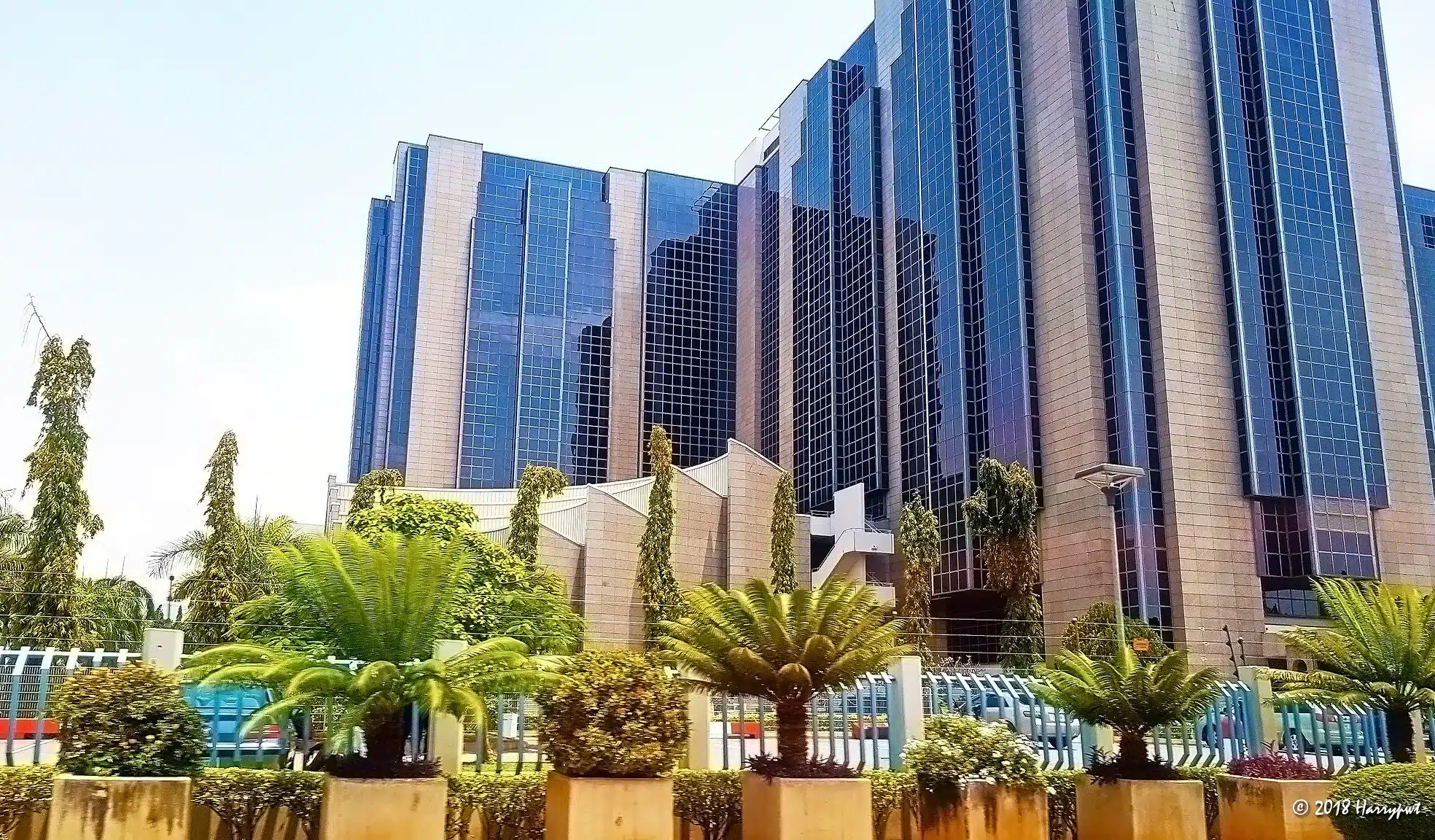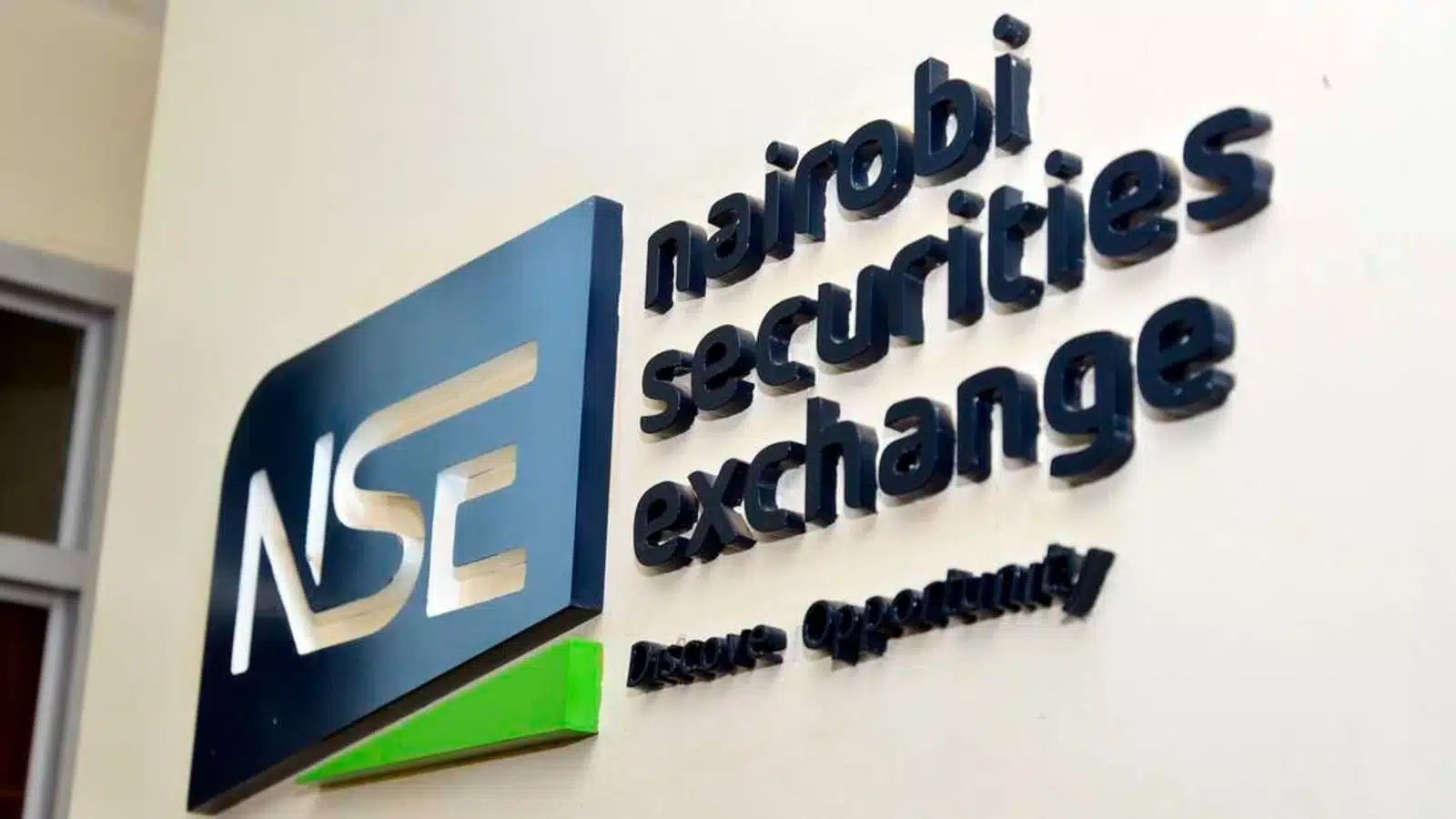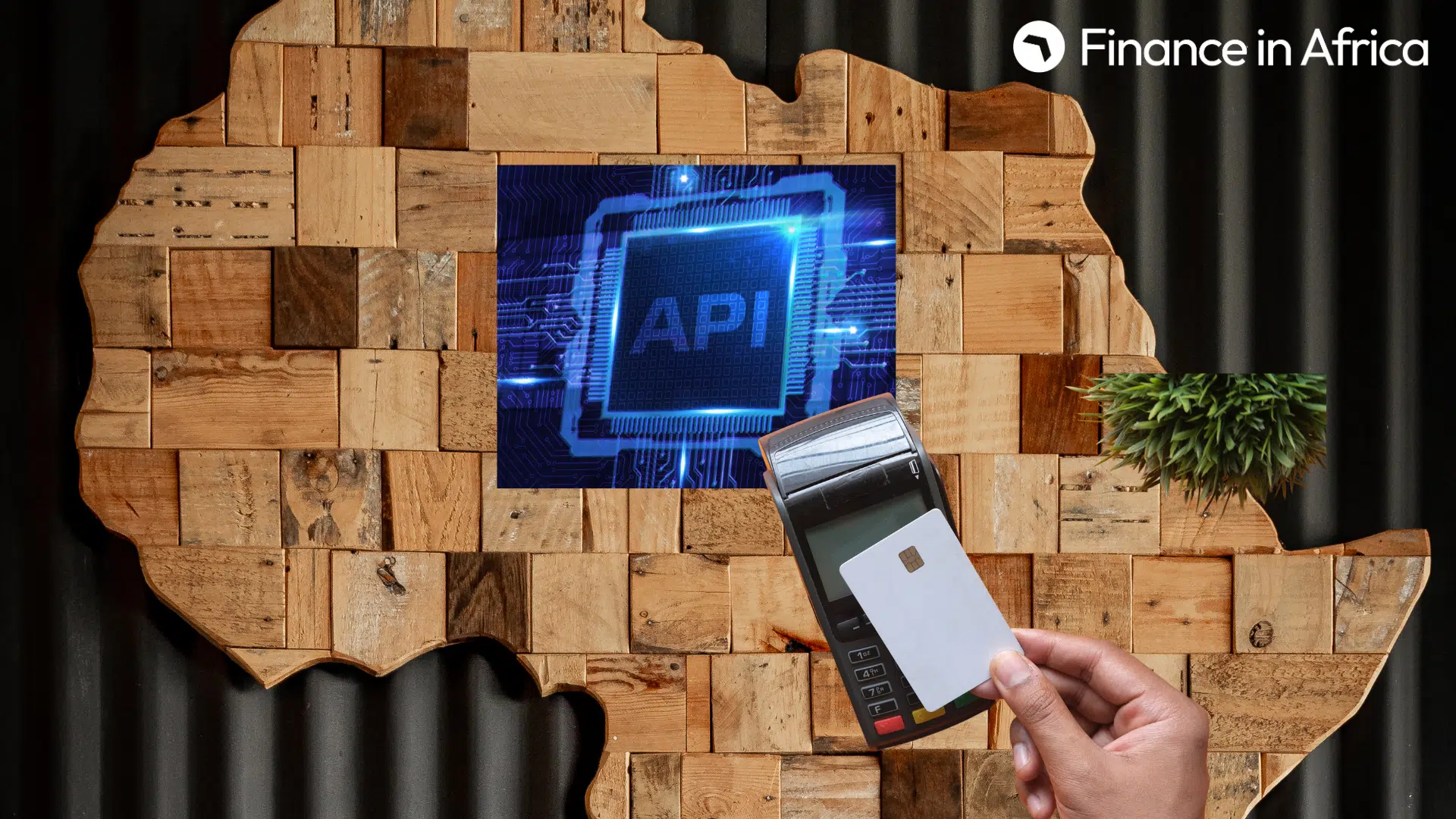There was a time when crypto felt like the Wild West. New coins popped up overnight, price charts looked like rollercoasters, and conversations were packed with buzzwords only a few could explain. It was exciting, though often chaotic, and hard to separate what mattered from what didn’t.
But that world is changing. If you pay attention to the types of assets now being listed on credible platforms, a different story is unfolding. We’re seeing a rapid rise in projects with practical utility, stronger regulatory footing, and deeper technical foundations.
To put it simply: crypto is growing up. And in a region like Africa—especially in Nigeria—that shift matters.
The shift toward stability
For many early adopters, crypto was mainly about price action: buy low, sell high, repeat. That mindset hasn’t disappeared, but there’s a growing appetite for assets that offer more than short-term gains.
Take stablecoins like PYUSD and EURC, issued by PayPal and Circle and pegged to the US dollar and euro. These tokens weren’t designed to upend the financial system, but to work alongside it.
They’re built to be stable, transparent, and interoperable with the traditional world—PYUSD, for example, is backed by US dollar deposits and government bonds. In economies where currency volatility affects daily life, access to digital stability is a big deal.
Then there’s PAX Gold (PAXG), a token backed one-to-one by physical gold. For generations, gold has been a trusted store of value. Now, it’s becoming easier and more liquid to access in digital form, especially in markets where traditional gold investments may be out of reach.
Another clear signal of maturity is where the energy in the ecosystem is going. We’re seeing more focus on infrastructure on the tools and systems that will support the next phase of adoption.
Take, for instance, tokens like Starknet, LayerZero, Ankr, and Loopring. They’re solving hard technical problems: how blockchains communicate with one another, how developers scale apps, how to cut transaction fees and increase efficiency. While many of them aren’t headline-grabbing projects like Bitcoin or Ethereum, they’re the quiet backbone of what’s next.
Crypto beyond finance
Some of the most intriguing developments are happening outside the financial space altogether. Projects like Helium (HNT) and FET, now part of the Artificial Superintelligence Alliance, are exploring how decentralised systems can power real-world infrastructure from wireless networks to intelligent agents powered by AI.
These are early steps, but they point to a future where crypto supports services that people can feel and see.
That’s a version of innovation that feels closer to home, especially in regions where traditional infrastructure hasn’t always delivered.
With the shift should also come responsible access
One important aspect of this evolution is the need for responsible access to crypto assets. More platforms are applying stricter criteria before listing tokens—evaluating their foundations, compliance levels, and long-term value to users. The focus is shifting towards helping users engage with crypto in ways that are safe and informed.
Education is also becoming a priority, with many exchanges pairing token listings with resources that explain both the opportunities and the risks. This approach aims to empower individuals to make thoughtful decisions rather than impulsive ones. It reflects a broader industry recognition: user trust will define crypto’s staying power, not just its speculative upside.
Ultimately, for crypto to fulfil its promise as a tool for progress, people must be able to use it confidently and safely.
What this means for Nigeria
Stablecoins play a significant role in Nigeria’s crypto economy, accounting for roughly 40% of all stablecoin inflows into Sub-Saharan Africa, the highest share in the region. But high adoption alone doesn’t guarantee long-term value. Even bodies like the International Monetary Fund (IMF) seem to be wary.
When use cases are limited, interest tends to fade as quickly as it builds. That’s why this next phase is so important.
People need tools that solve real problems—whether it’s protecting value in the face of inflation, sending money across borders without high fees, or accessing digital assets with stronger foundations.
Tokens like PYUSD, EURC, and PAXG offer more stability. Infrastructure-focused projects are making the technology more efficient and reliable behind the scenes.
Given Nigeria’s economic conditions and the limitations of traditional financial systems, practical, secure, and accessible crypto solutions are no longer optional—they’re a necessity.
The opportunity now is to shift from hype to impact. Not just more crypto, but better crypto. Tools that people can use and trust.
About the author
Ayotunde Alabi is the CEO and Country Manager of Luno Nigeria, where he leads the company’s mission to make cryptocurrency accessible, safe, and useful for millions of Nigerians. With over a decade of experience spanning capital markets, fintech, governance, and retail finance, he brings deep expertise and cross-sector insight to the evolving digital asset space.
A Chartered Stockbroker and seasoned financial strategist, Ayotunde has held senior roles at firms like ARM and Spektra, and currently champions initiatives that drive responsible crypto adoption, infrastructure development, and user education. Under his leadership, Luno Nigeria has strengthened partnerships and launched several awareness campaigns—including grassroots crypto literacy workshops and industry dialogues.













